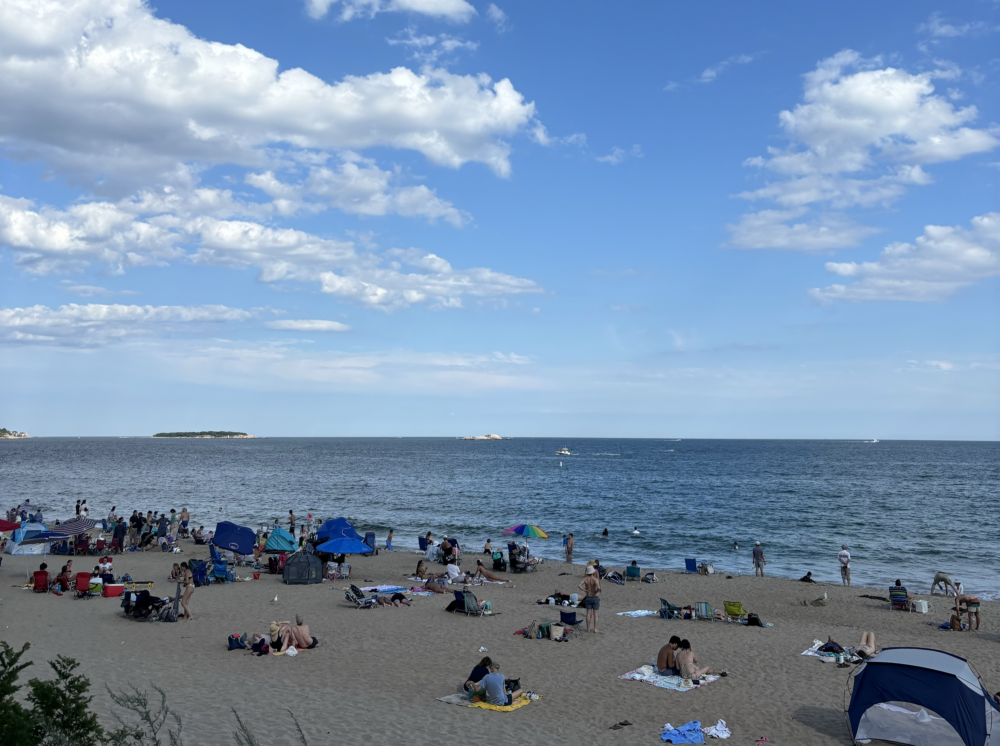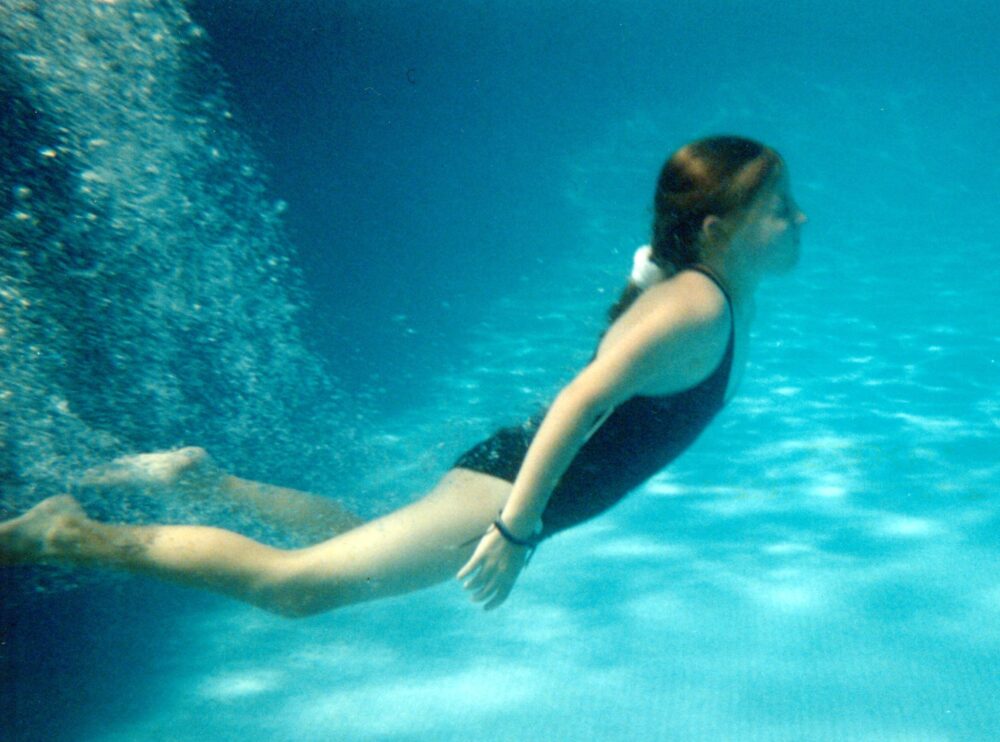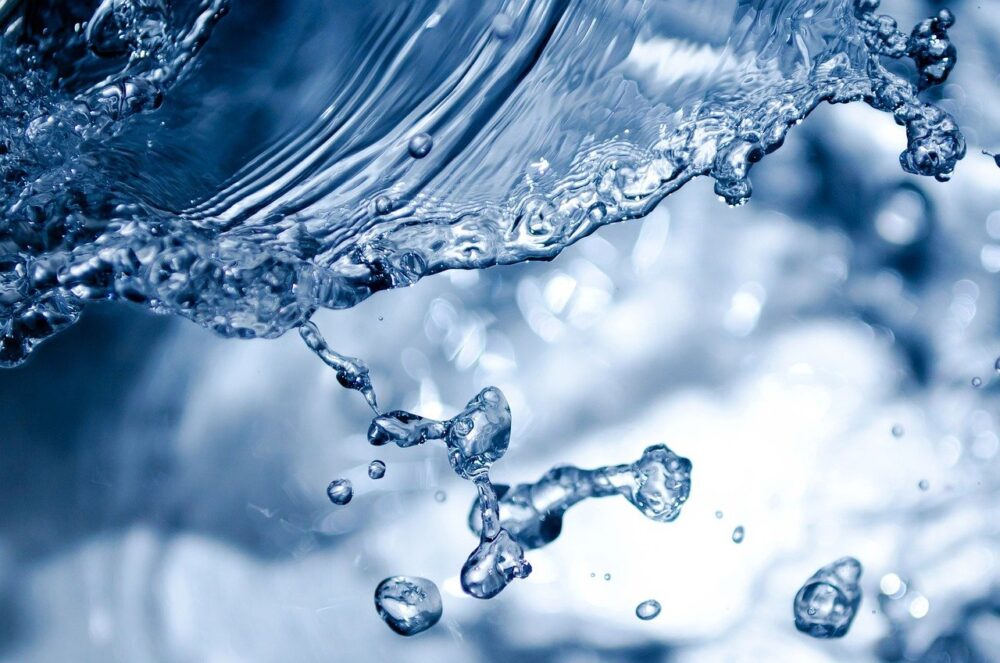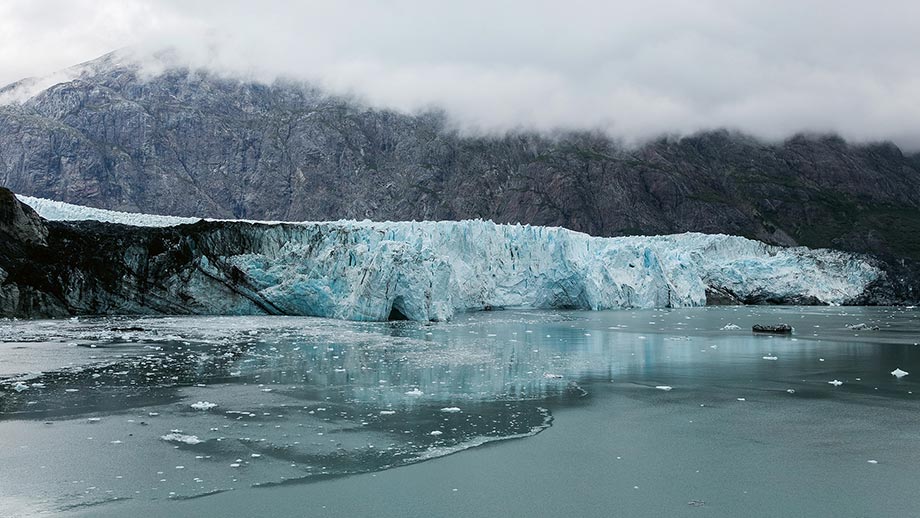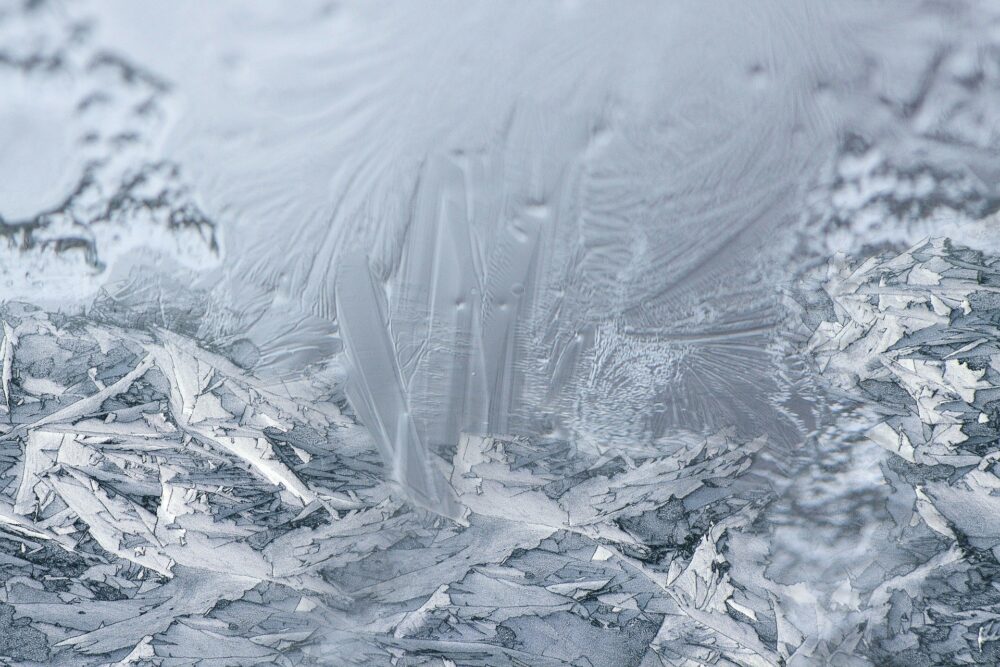Danger beneath the surface: How climate change has expanded the geographical range of waterborne pathogens
It’s the Fourth of July in Boston, and residents seek respite from the urban heat island inferno. The commuter rail offers a great escape: the ocean. Just a short train ride away residents can cool down on the North Shore, lay on the hot sand, and settle into a favorite beach read. But a faraway […]
